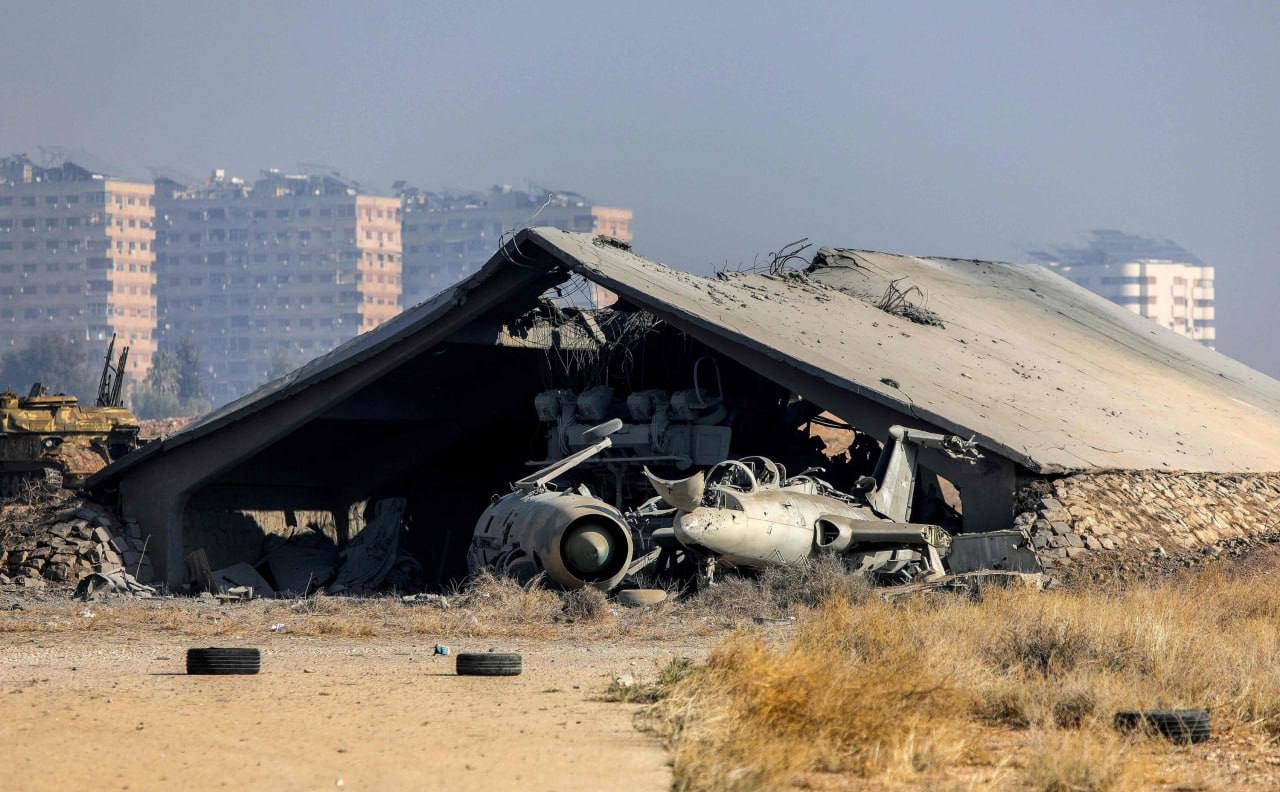
Media review: Is Syria on the verge of a being a failed state?
From the developments of the last few days alone, Syria seems to be on a path of being a failed state in a region that...

From the developments of the last few days alone, Syria seems to be on a path of being a failed state in a region that...

International newspapers focused on Israel's failure to fulfill the requests made by the United States a month ago regarding facilitating the entry of aid to...


Mainstream media guests include those who normalize acts of state terrorism, when the state of Israel turned communication devices into indiscriminate bombs.
CNN describes the exchange that took place in its own studios with this introduction:
"CNN says a right-wing commentator will not be welcomed back on air after he made a racist remark on “CNN NewsNight with Abby Phillip.”
On Monday’s prime time show, after Muslim journalist Mehdi Hasan stated that he supports Palestinians, conservative commentator Ryan Girdusky responded, “I hope your beeper doesn’t go off.” The comment referenced the thousands of pager explosions in Lebanon targeting Hezbollah militants. CNN has learned the attacks were carried out by Israel." - CNN

Message from the editor of The National: Tomorrow's front page explainedIt is a year since Israel began the deadliest attack on Palestine in modern history.According...

A news story by CNN writer Sana Noor Haq, in collaboration with visuals team, over weeks of painstaking work, produced this review of what they think has happened to Gaza in one year, although Gaza Strip is flat by nature, they, nonetheless concluded it was flattened Israeli bombardment. It must take extraordinarily powerful weapons, and endless supply thereof, to flatten already flat densely populated piece of land.